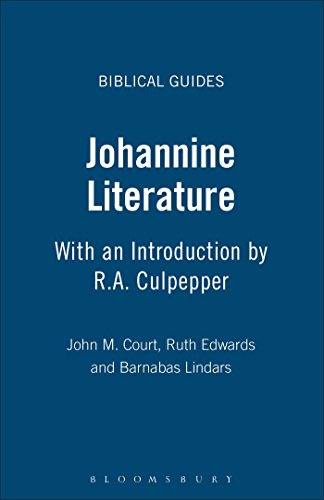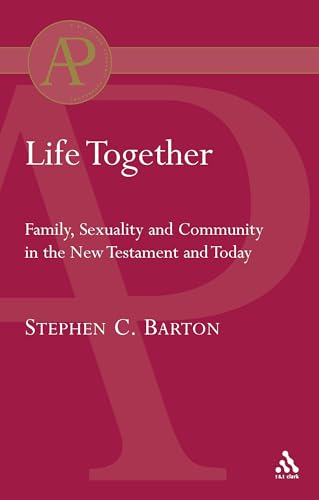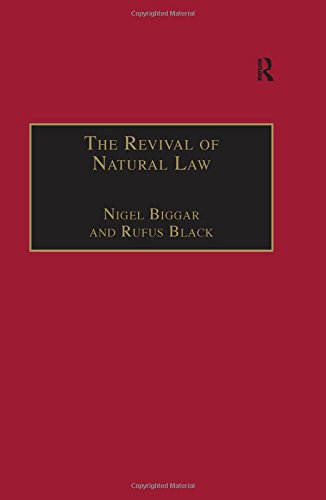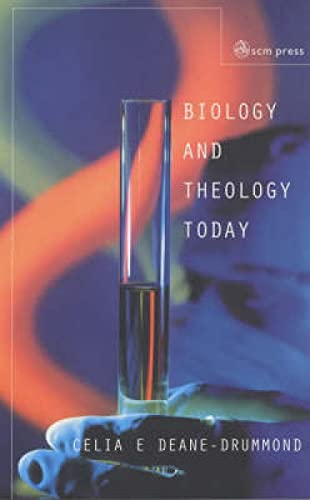The Bible, Theology and Faith: A Study of Abraham and Jesus
Written by 0521786460 Reviewed By Ernest LucasWalter Moberly, Lecturer in Theology at the University of Durham, England, says, ‘My concern in this book is the interpretation of the Bible as the foundation, and primary resource, of Christian faith and theology’ (2). He wants to work out this concern while retaining the insights of modern biblical scholarship. He is trying to do what many biblical scholars have long-since given up doing, and some claim should not be done, namely to bring together the study of the Bible in the Academy and the Church so that they can enrich one another. For this to be possible, Moberly argues, it must be recognised that the Bible is not an arbitrary collection of books, but a ‘confessing construct’ of the Christian Church (or the Synagogue in the case of the Hebrew Bible). Secondly, it needs to be accepted that studying the Bible as ‘Bible’ requires being open to the question of religious truth. This means seeking to understand what it says about the nature of God, and what this implies about ourselves and how we should live.
Moberly sets out four ‘hermeneutical presuppositions’ for interpreting the Bible so as to nourish Christian faith. The first is that biblical interpretation cannot be separated from the question of how we should live. One must ask what the text might ‘mean today’ and not just what it ‘meant originally’. Secondly, since God is not a ‘person’ or ‘object’ accessible to scientific study, it must be accepted that speaking about God is problematic. The Bible does it through analogies drawn from human experience. His third presupposition follows from this, namely the importance of ‘mystery’ in theology. By this he means recognising that the more you know about God the more you know you do not know. For this reason there should be an openness to fresh study and understanding of the biblical text. Finally, there is the importance of the ‘rule of faith’. Moberly expresses this as the need to set our understanding of the biblical text within the context of the life of the Church. Within the framework of these presuppositions the Bible should be studied using all the appropriate technical skills of modern biblical scholarship, while engaging with current issues (ideological, moral, theological) with the aim of ‘the transformation of human life through engagement with God in Christ’ (44).
Most of the book demonstrates Moberly’s proposal for how biblical theology should be done by actually doing it. He studies a key OT text, Genesis 22, in order to uncover what it says about God and the appropriate human response to God. A study of the theme of Jesus as the Son of God in Matthew’s Gospel follows this. Moberly shows how this can be related to the central theme of Genesis 22, that of divine testing and faithful human response. Finally, he gives ‘some brief and tentative remarks about possible relationships between the kind of Christian interpretation of the Bible I have been exploring and other contexts of life and thought’ (238f).
This is a rich study which interacts with a wide range of scholarship, past and present. It amply demonstrates that a Christian theological approach to biblical interpretation can be academically rigorous and still nourish Christian faith and life. It is to be hoped that others will follow his lead and develop this approach further.
Ernest Lucas
Bristol Baptist College







